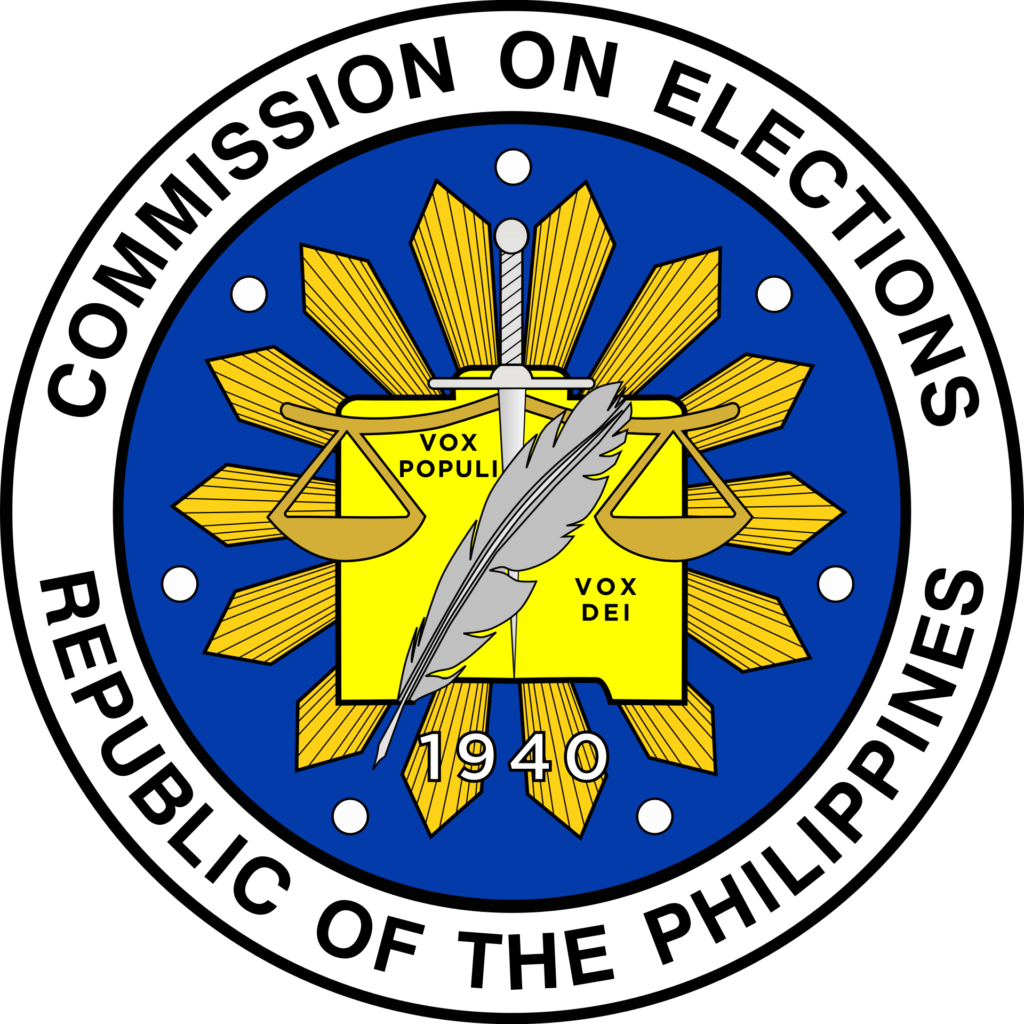The Commission on Elections, commonly known as COMELEC, stands as one of the Philippines’ most crucial constitutional bodies, playing a pivotal role in safeguarding the democratic process of the nation. Established through Commonwealth Act No. 607 on September 21, 1940, COMELEC has evolved into a powerful institution that ensures the sanctity of the ballot and the integrity of elections in the Philippines. As we delve into the intricate workings of this constitutional commission, we’ll explore its rich history, vital functions, organizational structure, and the significant impact it has on Philippine democracy. This comprehensive guide aims to provide readers with a thorough understanding of COMELEC’s role in shaping the nation’s electoral landscape and its continuous efforts to modernize and improve the voting process.
Historical Background
The journey of COMELEC began during the Commonwealth period when President Manuel L. Quezon recognized the need for an independent body to oversee elections. Before its establishment, the responsibility of conducting elections fell under the Executive Department through the Department of Interior. This arrangement often led to questions about the fairness and integrity of elections, as the ruling party could potentially influence the electoral process. The creation of COMELEC marked a significant milestone in Philippine democratic history, as it established a dedicated, independent institution focused solely on ensuring free, orderly, honest, peaceful, and credible elections. Through the years, COMELEC’s powers and functions have been expanded and strengthened through various constitutional amendments and legislative acts, particularly the 1987 Constitution, which elevated it to the status of an independent constitutional commission.
Constitutional Mandate and Powers
The 1987 Philippine Constitution bestows upon COMELEC extensive powers and responsibilities that encompass all aspects of the electoral process. The commission’s authority extends far beyond mere election administration, granting it both administrative and quasi-judicial powers that are essential for maintaining electoral integrity. These powers include enforcing and administering all laws relative to the conduct of elections, deciding all questions affecting elections, and registering political parties and organizations. COMELEC also possesses the authority to deputize law enforcement agencies and instrumentalities of the government for the exclusive purpose of ensuring free, orderly, honest, peaceful, and credible elections.
Key Constitutional Powers of COMELEC:
| Power Category | Description | Constitutional Basis |
|---|---|---|
| Administrative | Election management, voter registration, campaign regulation | Article IX-C, Section 2(1) |
| Quasi-Judicial | Resolution of election disputes, disqualification cases | Article IX-C, Section 2(2) |
| Rule-Making | Promulgation of election rules and regulations | Article IX-C, Section 2(3) |
| Enforcement | Implementation of election laws and regulations | Article IX-C, Section 2(4) |
Organizational Structure
COMELEC operates through a hierarchical structure designed to efficiently manage electoral processes across the nation. At its helm is the Commission En Banc, composed of a Chairperson and six Commissioners, all appointed by the President with the consent of the Commission on Appointments. These officials serve staggered seven-year terms without reappointment, ensuring continuity and institutional memory while maintaining independence from political influence.
COMELEC Leadership Structure:
| Position | Term Length | Appointment Process | Key Responsibilities |
|---|---|---|---|
| Chairperson | 7 years | Presidential appointment with CA confirmation | Overall leadership and management |
| Commissioners | 7 years | Presidential appointment with CA confirmation | Policy-making and adjudication |
| Executive Director | Permanent | Civil Service appointment | Day-to-day operations |
Key Functions and Responsibilities
COMELEC’s responsibilities encompass a wide range of activities crucial to maintaining democratic processes in the Philippines. The commission oversees every aspect of elections, from voter registration to proclamation of winners, ensuring that each step adheres to legal requirements and democratic principles. One of its most significant functions is the implementation of election modernization initiatives, including the automated election system that has been in use since 2010.
Core Functions Overview:
- Voter Registration and Education
The commission maintains a comprehensive voter database and conducts regular voter education programs to ensure informed participation in elections. This includes managing the nationwide voter registration process, updating voter records, and implementing voter education campaigns that reach even the most remote areas of the country. - Election Administration
COMELEC handles the massive logistical challenge of conducting national and local elections, including the procurement of election materials, designation of polling places, and appointment of election officers. The commission also oversees the training of election personnel and the implementation of security measures to protect the integrity of the electoral process. - Campaign Regulation
Through its Campaign Finance Office, COMELEC monitors and regulates campaign spending, ensuring compliance with campaign finance laws and preventing excessive campaign expenditures that could unduly influence election outcomes.
Modernization Initiatives
COMELEC has undergone significant modernization efforts to improve the efficiency and integrity of the electoral process. The implementation of automated elections through the Automated Election System (AES) represents one of the commission’s most significant achievements in recent years.
Key Modernization Milestones:
| Year | Initiative | Impact |
|---|---|---|
| 2010 | First nationwide automated elections | Reduced counting time from weeks to days |
| 2016 | Implementation of Vote Counting Machines | Enhanced accuracy in vote counting |
| 2019 | Introduction of electronic transmission | Faster results transmission |
| 2022 | Enhanced security features | Improved protection against electoral fraud |
Challenges and Future Directions
Despite its achievements, COMELEC faces ongoing challenges in fulfilling its mandate. These include addressing issues related to election automation, combating electoral fraud, and ensuring accessibility for all voters. The commission continues to adapt and evolve, implementing new technologies and procedures to enhance the electoral process.
Current Challenges:
- Technological Infrastructure
The need to maintain and upgrade election technology while ensuring security and reliability remains a constant challenge. COMELEC must balance modernization with accessibility, particularly in remote areas with limited technological infrastructure. - Voter Education and Participation
Ensuring comprehensive voter education and encouraging participation across all demographic groups requires sustained effort and resources. The commission works to overcome barriers to participation, including geographical isolation and voter apathy. - Electoral Reform Implementation
COMELEC faces the ongoing task of implementing electoral reforms while maintaining the integrity and efficiency of existing processes. This includes adapting to new legislation and addressing emerging challenges in election administration.
Recent Developments and Initiatives
COMELEC continues to evolve and adapt to meet the changing needs of Philippine democracy. Recent initiatives focus on enhancing transparency, improving voter accessibility, and strengthening electoral security. According to COMELEC’s official reports, voter turnout in the 2022 national elections reached approximately 83%, demonstrating the success of various voter engagement initiatives.
Conclusion
The Commission on Elections remains an indispensable institution in Philippine democracy, continuously adapting to meet the challenges of modern electoral administration while maintaining its fundamental role as the guardian of the people’s right to suffrage. Through its various functions, initiatives, and reforms, COMELEC works tirelessly to ensure that every Filipino’s voice is heard through the ballot box. As the commission moves forward, its commitment to conducting free, orderly, honest, peaceful, and credible elections continues to strengthen the foundations of Philippine democracy.
References
- Philippine Constitution of 1987, Article IX-C
- COMELEC Resolution No. 10727 (2022)
- Official COMELEC Statistical Data (2022)
- Commonwealth Act No. 607 (1940)
- Republic Act No. 9369 – Election Automation Law
Disclaimer: This article has been prepared for informational purposes only. While every effort has been made to ensure the accuracy and completeness of the information presented, some details may have changed since publication. Readers are encouraged to verify critical information through official COMELEC channels. Please report any inaccuracies to our editorial team for prompt correction.




